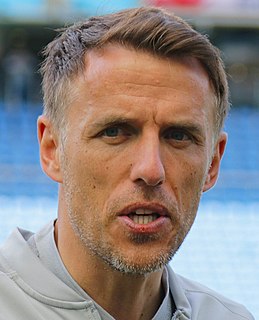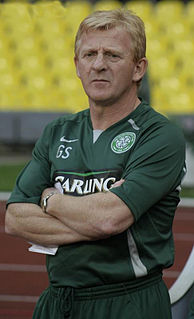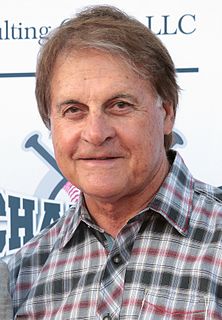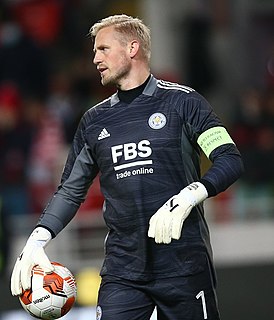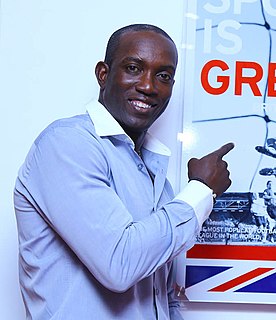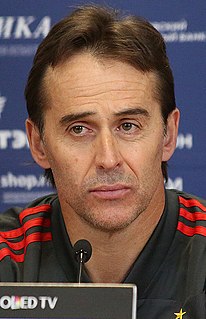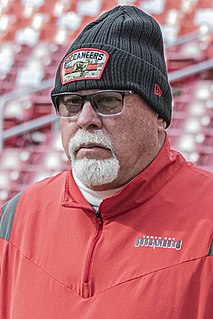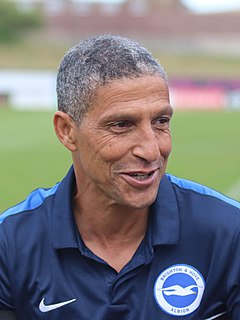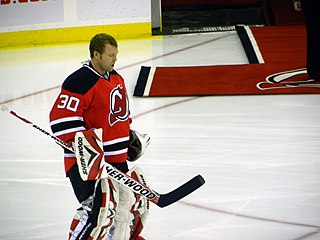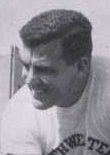A Quote by Phil Neville
There's no shortcut to being a manager or coach.
Quote Topics
Related Quotes
The most important relationship a head coach has on his team isn't with the other coaches, the owner or the general manager. It's with the quarterback. He's the one who runs the show on the field; He's the ultimate extension of his coach. If there isn't a high level of mutual trust between them, both coach and quarterback will be doomed.
